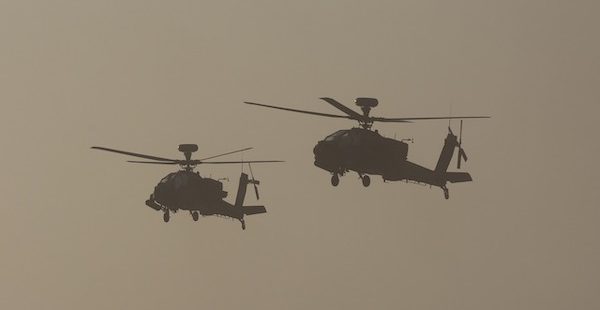
Afghanistan: Lessons from an Unwinnable War
Kabul has fallen, and we lost the Afghan War.
It was the longest-running war in American history – nearly 20 years. With a pricetag of over two trillion dollars (that’s almost double the total amount of circulating dollars in existence in the year 2013), over 2000 US lives lost, and over 20,000 US injuries, we don’t have anything to show for it.
What does exist is a war-traumatized country that has lost almost a quarter of a million lives . Suicide bombings, as we all know, are commonplace (2020 saw 52 attacks, which averages to one bombing every week). Despite two decades of war, the Taliban now controls the country. Kabul, which was expected to last for at least a few months, has already been overrun. The western-trained military barely put up a fight. Instead, the Taliban captured a treasure-trove of advanced weaponry, including attack planes and helicopters.
President Biden deserves praise, as well as severe censure. On the one hand, we can be thankful that the war is ending. A withdrawal agreement was originally signed in 2020, during Trump’s presidency. Biden, thankfully, stuck to this agreement. In light of the alternative – continuing the war – this was clearly the better option. At the end of the day, both a republican and a democrat administration have come to the same stark realization: the Afghanistan war is unwinnable, or at least not worth the effort of continuing.
On the other hand, Biden deserves severe censure for the way in which he mismanaged the withdrawal. It’s possible to remove American military might without allowing for a full-scale panic, but that’s exactly what happened. The events of the last week are both unthinkable and deeply disgraceful to America. When more than 10,000 Americans are trapped in Taliban territory, Afghan friends are left to the mercy of a terrorist organization, and there is so much chaos that people are falling off airplanes and climbing into the wheel-wells of military aircraft, something has been severely mismanaged. This retreat could have been handled in a way that didn’t embarrass the entire country, and that didn’t leave our friends in a hopeless position.
So how did this happen? How did the world’s superpower, armed with aircraft carriers, precision missiles, drone technology, and SEAL teams, lose to a collection of turban-wearing, goat-herding terrorists who hide in mountains? It’s a pride-crushing realization, but we should have known better; the infamous Soviet-Afghan War (1979-1989) drained the USSR, leading (in part) to it’s downfall after an immense human and financial cost.
Afghanistan is surely one of the hardest countries to govern: its mountainous region, intense tribal loyalties, important trade routes, and vast spaces have made it a battleground for generations, including the ‘great game’ between Russia and Britain, and the Anglo-Afghan Wars. Looking back, we can see the challenges. We also need to admit that nation-building just doesn’t work – at least not in the traditional sense. Ultimately, it only works when there is already deep consensus and a willingness to forego American-style ‘democracy’ – neither of which were true in Afghanistan.
We need to realize that big government makes big problems. The waste of the Afghanistan war goes beyond all bounds. In addition to the trillions of dollars that didn’t ultimately succeed, billions of dollars were used fraudulently or wasted. I’ve also heard reports that billions of dollars of aid were ultimately funneled into the Taliban, and used to fight against the US.
We can’t ultimately be the world’s policeman. We’ve forgotten the ideal set by the founding fathers and original presidents. George Washington said that “The great rule of conduct for us, in regard to foreign nations, is, in extending our commercial relations, to have with them as little political connection as possible.” Thomas Jefferson wanted “Peace, commerce, and honest friendship with all nations; entangling alliances with none.” John Quincy Adams insisted that ““America… goes not abroad, in search of monsters to destroy. She is the well-wisher to the freedom and independence of all.” This isn’t isolationism, which aims to create a hermit-country. It is merely non-interventionism, the recognition that American sovereignty is limited to American territory. It is also realism, because it recognizes that no state can patrol the world (or even Afghanistan) without rousing deadly animosities.
In the end, we can’t change what happened in Afghanistan. But we can learn a lot of valuable lessons – and the future of our Republic demands that we learn.



